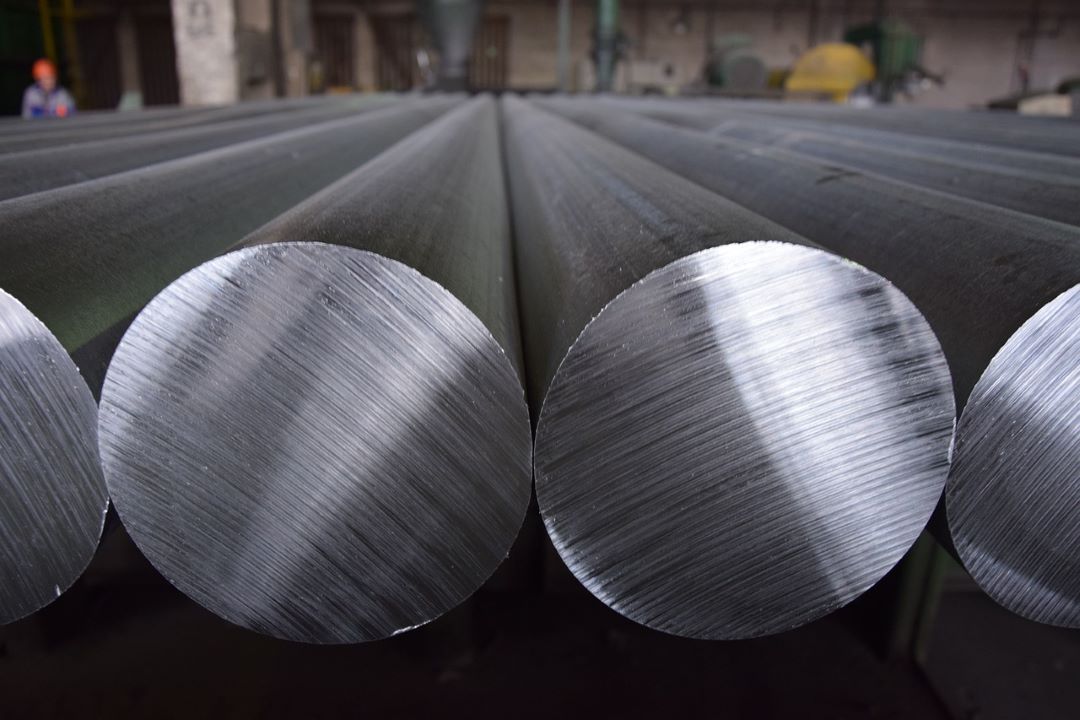The Aluminium Association of India (AAI), representing the country’s leading aluminium producers, has presented a pre-budget appeal to the Department for Promotion of Industry and Internal Trade (DPIIT) under the Ministry of Commerce.
The appeal highlights it’s essential role in India’s growth and strategic sectors like defense, aerospace, renewables, electric vehicles, and infrastructure, especially as the nation aims for “Viksit Bharat” status by 2047. With it being a marker of industrial advancement, other countries, including the USA and Malaysia, have classified it as a “strategic sector.
India’s aluminium consumption is around 3 kg per capita, much lower than the global average of 12 kg, but domestic demand is expected to reach 10 million tonnes annually by 2030. The industry has already invested over INR 1.5 lakh crore ($20 billion) in capacity expansion to 4.2 MTPA but will require an additional INR 3 lakh crore ($40 billion) over the next six years to meet rising demand and generate more employment.
Rising imports have become a significant obstacle to future investments. Imports of primary metal have doubled, and low-quality metal scrap from China has surged in recent years. Industry experts say low import duties on primary aluminium and the tax disparity between primary goods and scrap have spurred this influx, deterring new investments and hindering India’s aluminium self-sufficiency goals.
In response, AAI is requesting the government to raise the import duty on primary metal and downstream products from 7.5% to 10% and set the duty on aluminium scrap at 7.5%, aligning it with other metal products. This policy shift would curb low-quality imports, encourage recycling, and support the circular economy.
The AAI also suggests rationalizing duties on essential raw materials to reduce production costs, as the industry currently spends 17% of production costs on taxes, levies, and compliance. With strategic government support, including import protection and duty adjustments, the aluminium industry is optimistic about contributing to India’s self-reliance goals, generating 20 lakh job opportunities, and supporting over 4,000 SMEs in the downstream sector. This aligns with the Prime Minister’s vision for “Atmanirbhar Bharat,” positioning India as a global leader in aluminium production.







